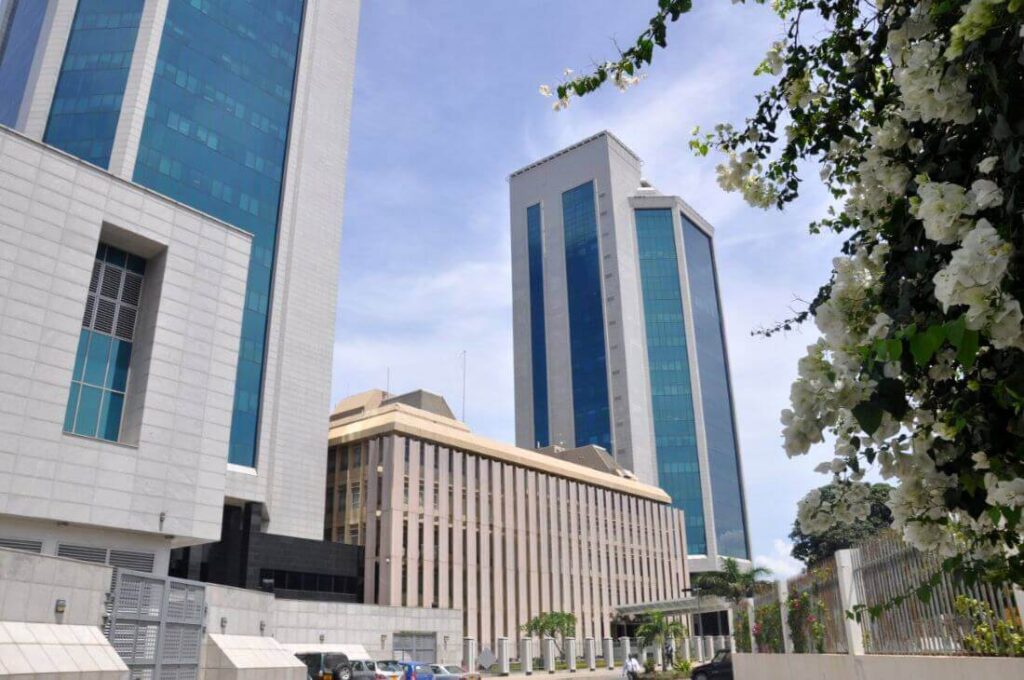Tanzania’s foreign exchange reserves stock fell to $4.88 billion in September this year from $4.96 billion recorded at the end of September 2022, largely credited to payment of foreign obligations by the Government according to the Bank of Tanzania Monthly Economic Review for October 2023.
“Despite the decrease, reserves were adequate to cover 4 months of projected imports of goods and services, within the country’s benchmark,” the Central Bank said.
Tanzania external sector continued to battle with challenges arising from unhealthy global
Environment however the deficit in the current account balance narrowed to 3.38 billion in September
2023, compared with $4.72 billion in the preceding year.
“The outturn was on account of increased seasonal earnings from tourism activities and traditional exports,” the statement said.

Exports
The value of export of goods and services showed an upward trend for three years in a row, rising by 16.1 percent in September 2023 to 13.41 billion from the level recorded in the preceding year.
“The performance was largely contributed by travel receipts and non-traditional exports, in particular minerals (gold and coal),”
The export of non-traditional goods grew by 6.4 percent, with the value of gold exports rising to
$2.98 billion up from $2.77 billion in September 2023, driven by volume and price effects.
Coal exports amounted to $206.1 million from $111.7 million in the previous year, owing to increasing demand in the neighbouring countries, and in Europe resulting from supply shortages associated with the war in Ukraine.
“Improvement was also observed in horticultural exports, particularly vegetables,” the report said.
The Export of traditional goods increased to $853.9 million from $749.5 million, driven by tobacco and coffee exports.
“On a monthly basis, traditional goods worth $124.1 million were exported compared with $78.2 million in a similar month in 2022. Nontraditional exports increased to $594.4 million from $572.9 million,” the report shows.







